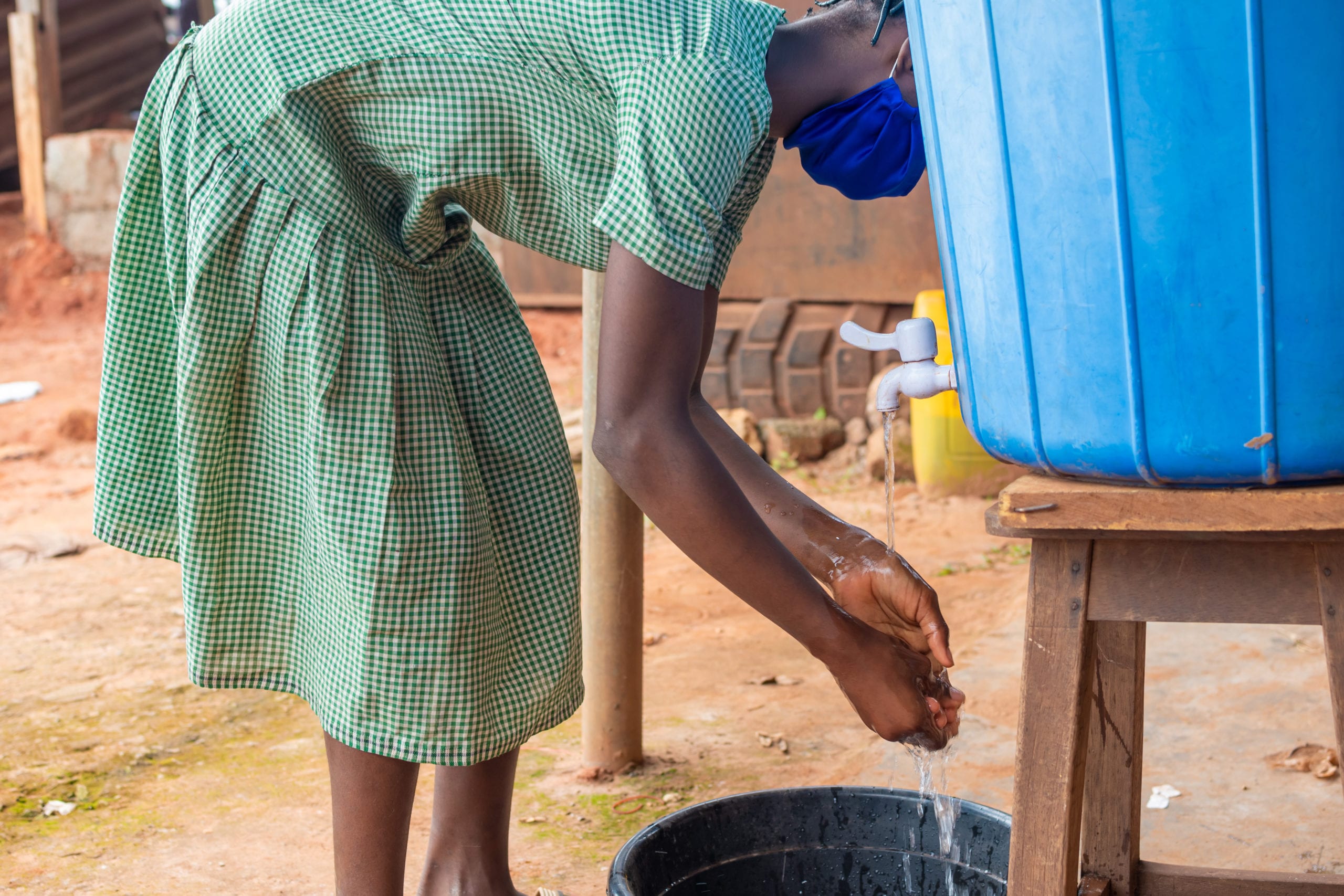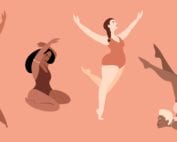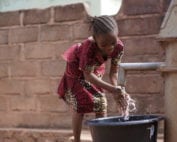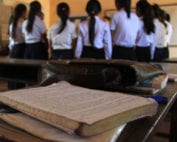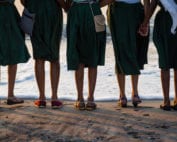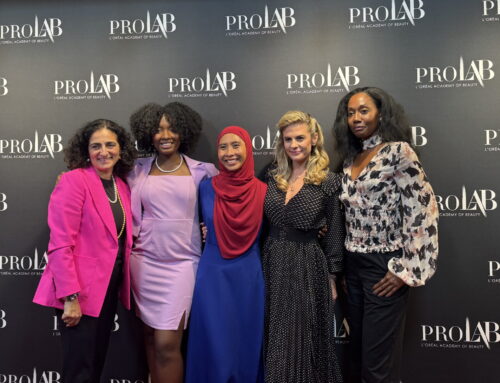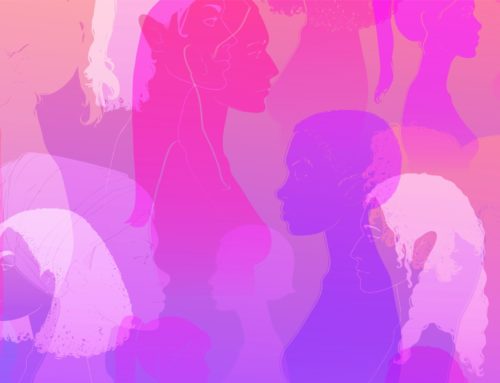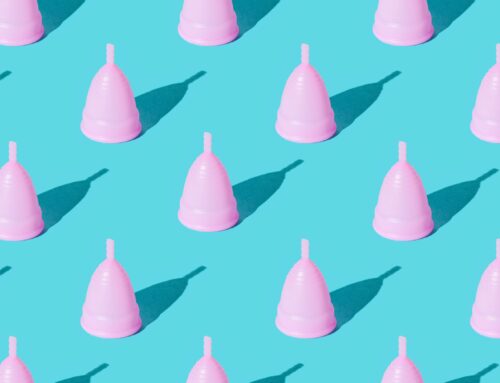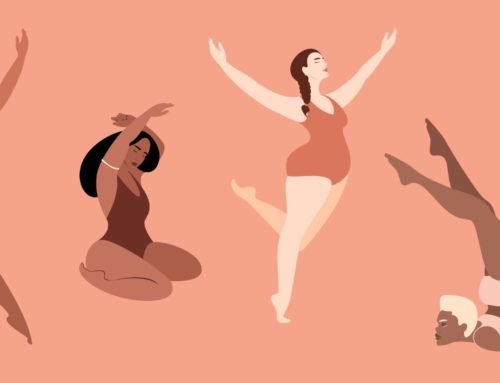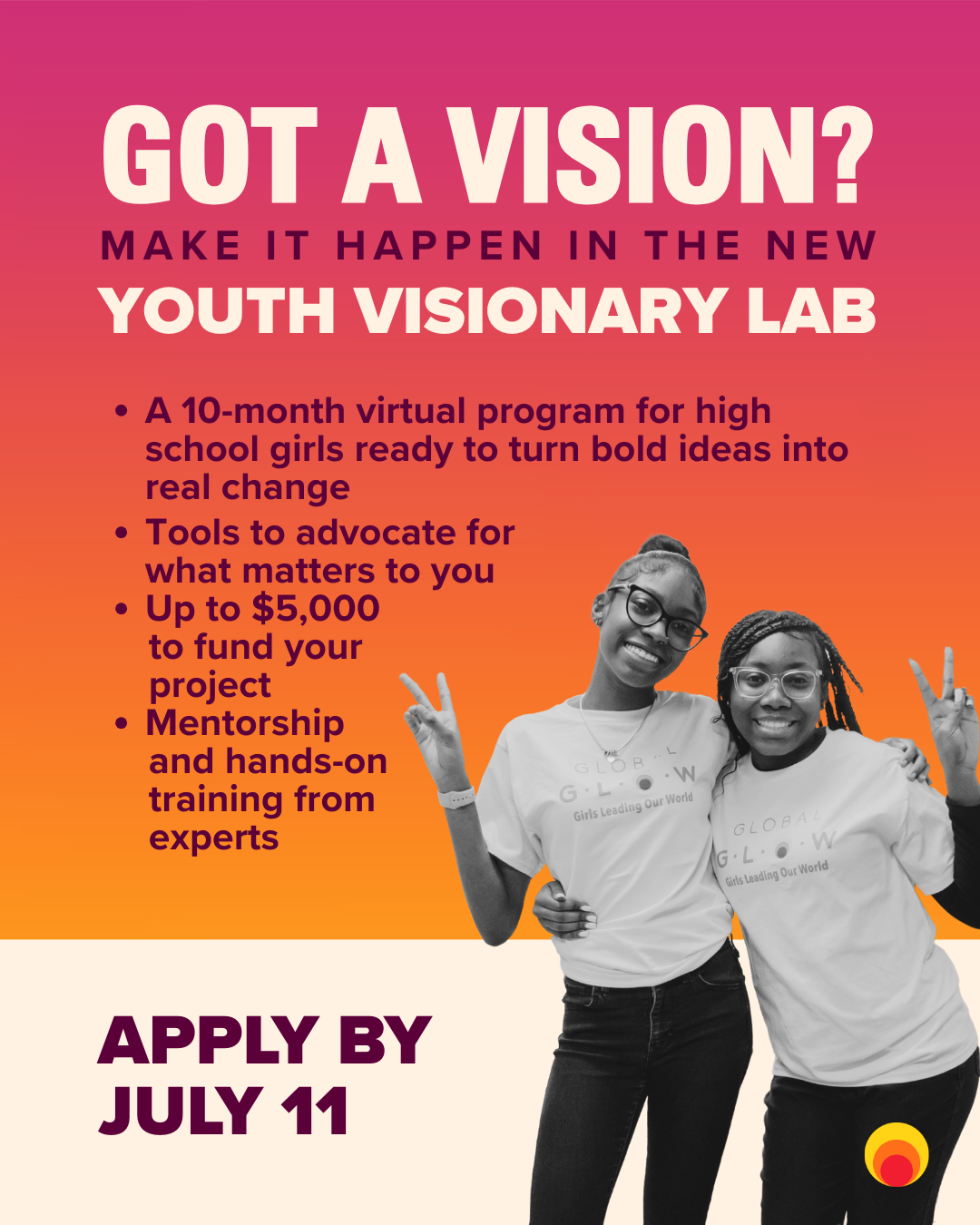How Mentors in Kenya Have Supported Girls During COVID-19
As we reach the one-year mark of when COVID-19 lockdowns first took effect, the issue of school closures associated with the pandemic continues to proliferate internationally. According to UNESCO, resulting disruptions exacerbate already existing disparities not only within the educational system but also in other aspects of students’ lives. And, unfortunately, we know that girls and women are often much more impacted by local crises.
Global G.L.O.W. partners from Milele Center in Kenya have witnessed these impacts firsthand through their work with girls in slum areas of Nyalenda and Manyatta. When the pandemic began, many club members relocated from cities back to villages, where the cost of living was much more affordable. While this decision made sense overall for many families, it also made it difficult for girls to stay connected to their Global G.L.O.W. clubs.
Many families are struggling financially due to job loss, with some earning the equivalent of just one U.S. dollar per day. To supplement their income, some parents, mostly mothers, would enlist their daughters’ help going door-to-door selling cereals and other types of goods. This posed a tremendous risk for the girls, who are vulnerable to sexual violence and other forms of exploitation. With hunger looming, some young girls and women would also sell their bodies in exchange for fish, resulting in an upsurge of STIs and early teenage pregnancies.
Pregnancy rates in Nyalenda and Manyatta were already high, and the pandemic only made things worse. According to Global Citizen Kenya, due to the COVID-19 lockdowns, the number of teenage pregnancies in Kenya went up to 152,000 over a three-month period – a 40% increase in the country’s monthly average. In Kisumu, where Milele Center clubs are held, a total of 3,500 teenage pregnancies were recorded between January and June of 2020.
Recognizing the impending danger for girls in their local communities, mentors from Milele Center worked to identify ways to support girls safely and help keep them engaged in schoolwork. Some mentors met with club members in small groups, allowing them to maintain social distance according to health guidelines. Others would call and regularly check in with girls and their parents or even go door-to-door visiting them. Many mentors were met with girls who felt high levels of stress and depression — predictors of sexual experiences in Kenya.
In addition to emotional support, mentors provided much-needed menstrual hygiene support to girls, delivering sanitary towels to many club members who mentioned that, after losing their jobs, their parents were forced to choose between purchasing food or purchasing menstrual supplies.
Mentor Lilian from Shammah and Shalom GLOW Club said, “The pandemic has improved my relationship with the girls because I had to go and visit them and know where they lived. It gave me an opportunity to get to meet their parents too.”
Schools in Kenya have finally started reopening in phases, which has eased some of the hardships girls were experiencing. While teachers have been recognized as a pillar of strength in the community, mentors also deserve to be recognized for their incredible efforts to ensure girls felt safe and supported throughout the COVID-19 pandemic and subsequent lockdowns.
Written by Phoebe Ekman, Global G.L.O.W. Program Coordinator from Milele Center in Kenya


